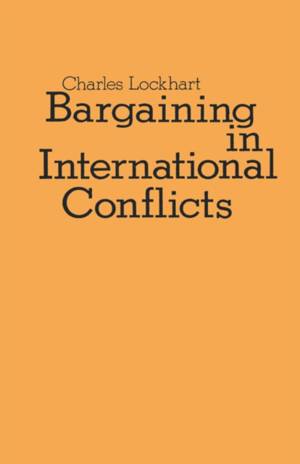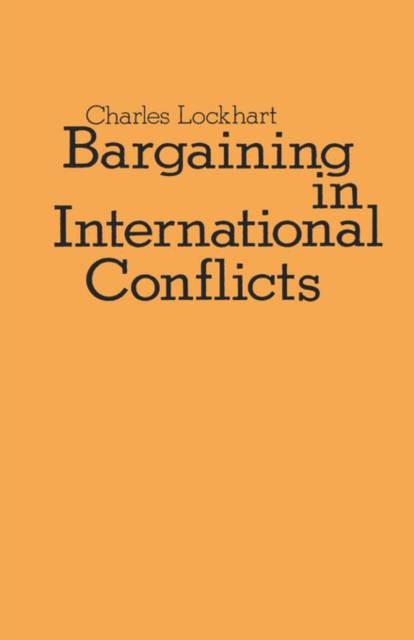
- Afhalen na 1 uur in een winkel met voorraad
- Gratis thuislevering in België vanaf € 30
- Ruim aanbod met 7 miljoen producten
- Afhalen na 1 uur in een winkel met voorraad
- Gratis thuislevering in België vanaf € 30
- Ruim aanbod met 7 miljoen producten
Omschrijving
Much has been written on how masculinity shapes international relations, but little feminist scholarship has focused on how international relations shape masculinity. Charlotte Hooper draws from feminist theory to provide an account of the relationship between masculinity and power. She explores how the theory and practice of international relations produces and sustains masculine identities and masculine rivalries.
This volume asserts that international politics shapes multiple masculinities rather than one static masculinity, positing an interplay between a "hegemonic masculinity" (associated with elite, western male power) and other subordinated, feminized masculinities (typically associated with poor men, nonwestern men, men of color, and/or gay men). Employing feminist analyses to confront gender-biased stereotyping in various fields of international political theory -- including academic scholarship, journals, and popular literature like "The Economist" -- Hooper reconstructs the nexus of international relations and gender politics during this age of globalization.
Specificaties
Betrokkenen
- Auteur(s):
- Uitgeverij:
Inhoud
- Aantal bladzijden:
- 205
- Taal:
- Engels
Eigenschappen
- Productcode (EAN):
- 9780231045605
- Verschijningsdatum:
- 22/03/1979
- Uitvoering:
- Hardcover
- Formaat:
- Genaaid
- Afmetingen:
- 140 mm x 216 mm
- Gewicht:
- 421 g

Alleen bij Standaard Boekhandel
Beoordelingen
We publiceren alleen reviews die voldoen aan de voorwaarden voor reviews. Bekijk onze voorwaarden voor reviews.











